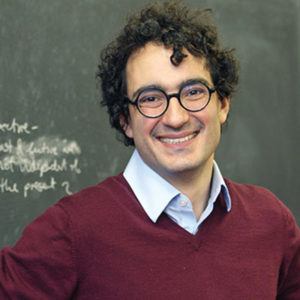Sean Carroll in Preposterous Universe:
 You observe a phenomenon, and come up with an explanation for it. That’s true for scientists, but also for literally every person. (Why won’t my car start? I bet it’s out of gas.) But there are literally an infinite number of possible explanations for every phenomenon we observe. How do we invent ones we think are promising, and then decide between them once invented? Simon DeDeo (in collaboration with Zachary Wojtowicz) has proposed a way to connect explanatory values (“simplicity,” “fitting the data,” etc) to specific mathematical expressions in Bayesian reasoning. We talk about what makes explanations good, and how they can get out of control, leading to conspiracy theories or general crackpottery, from QAnon to flat earthers.
You observe a phenomenon, and come up with an explanation for it. That’s true for scientists, but also for literally every person. (Why won’t my car start? I bet it’s out of gas.) But there are literally an infinite number of possible explanations for every phenomenon we observe. How do we invent ones we think are promising, and then decide between them once invented? Simon DeDeo (in collaboration with Zachary Wojtowicz) has proposed a way to connect explanatory values (“simplicity,” “fitting the data,” etc) to specific mathematical expressions in Bayesian reasoning. We talk about what makes explanations good, and how they can get out of control, leading to conspiracy theories or general crackpottery, from QAnon to flat earthers.
More here.
